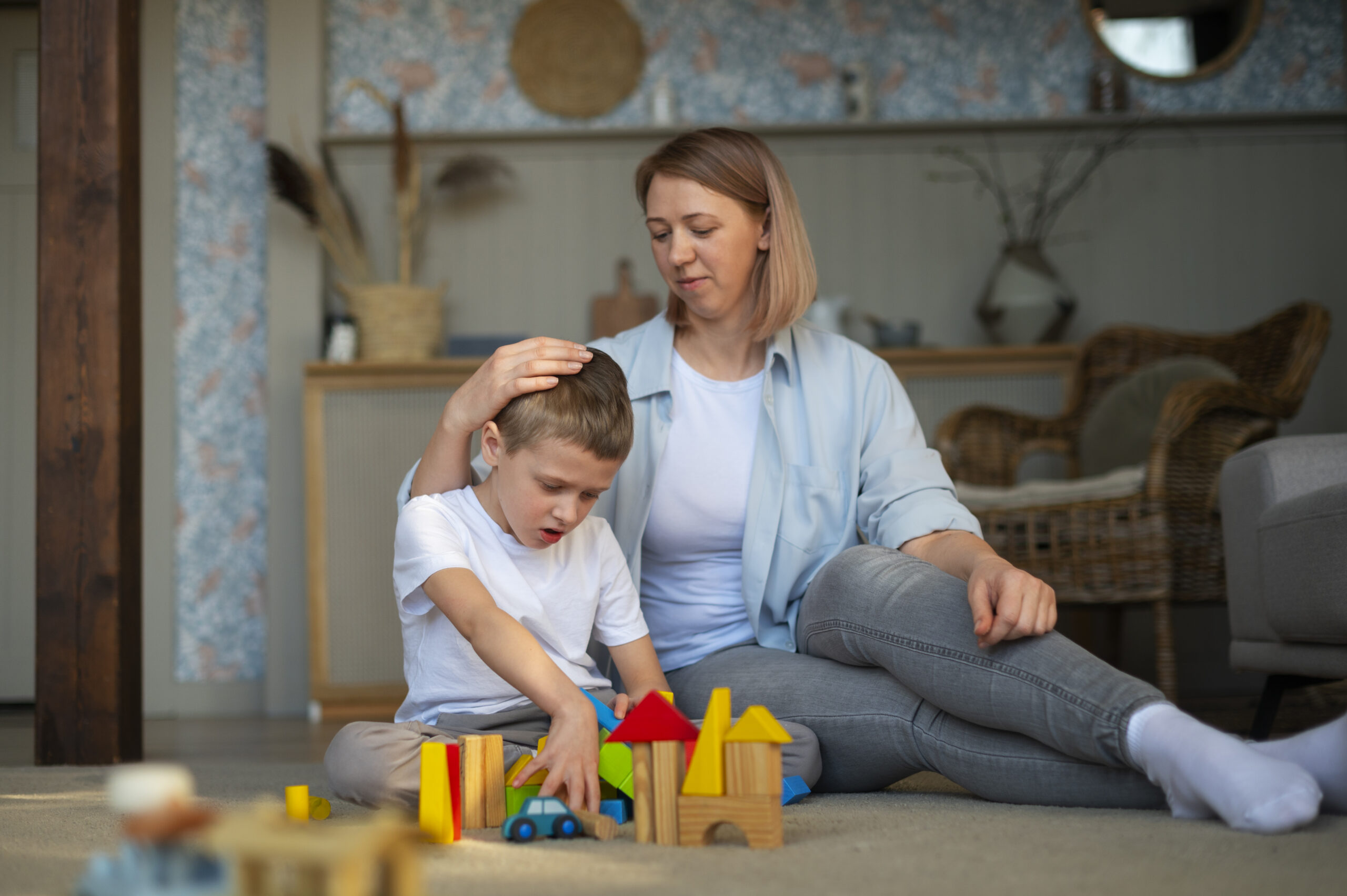
Autistic children often get numerous benefits from several therapies to support their skill development and growth, including applied behavior analysis and speech therapy. While ABA focuses on behavioral responses, it can also target communication.
Parents might wonder, “If my child is improving with communication in ABA, do they still need speech therapy?” It’s a valid question, and celebrating your child’s progress is important! However, progress in ABA doesn’t replace the unique benefits of speech therapy.
Speech therapists take a specialized approach to developing communication skills, which is different from ABA methods. Children with communication delays work with a licensed speech therapists, even if they are already in ABA therapy. If your child is manifesting autism symptoms, you can get autism treatment in Jalandhar at Bright Horizons. Let’s explore how speech therapy complements ABA and helps autistic children improve their communication.
What is ABA Therapy?
Applied Behavior Analysis (ABA) therapy focuses on helping autistic children with challenging behaviors, such as outbursts, running away, or difficulty following instructions, especially in safety-related situations.
ABA also supports the development of daily living skills, like self-care and hygiene, and can assist children in improving communication skills when needed. For children with autism experiencing disruptive behaviors or difficulties with attention and focus, ABA therapy offers structured strategies to address and overcome these challenges.
ABA teaches alternative behaviors and uses positive reinforcement to support children in improving social interactions and managing academic tasks more effectively.
What Happens in Speech Therapy for Autistic Children?
Speech therapy is led by a speech therapist who begins with an evaluation of the child’s communication strengths and needs. Based on this, we create a treatment plan with short-term goals, like using single words to express needs, and long-term goals, such as forming short sentences. Sessions focus on building foundational skills step-by-step to achieve these goals. Our therapists track progress, adjust support as needed, and refine goals to best suit the child’s development. Speech therapy also addresses oral motor issues that affect speech. By strengthening the muscles used for speaking and swallowing, therapists help children achieve clearer speech.
How Do ABA and Speech Therapy Differ?
ABA and speech therapy differ in approach and focus. ABA is structured, repetitive, and targets specific behaviors. In contrast, speech therapy takes a broader view, addressing all aspects of communication, focusing on strengths, and offering support where needed.
Speech therapy sessions promote natural interactions. In contrast, ABA therapy targets specific behaviors through structured, repetitive methods and reinforcement, often focusing on safety, daily living, and sometimes communication. Although both ABA and speech therapy focus on communication, their methods are quite different. Moreover, autism treatment in Jalandhar is available at Bright Horizons where we use different techniques to help children with autism.
Conclusion
In summary, both ABA therapy and speech therapy are evidence-based methods that support language development in children with autism, especially when implemented as early intervention. You can discuss your child’s unique needs and concerns with therapists at Bright Horizons to receive proper assistance.


